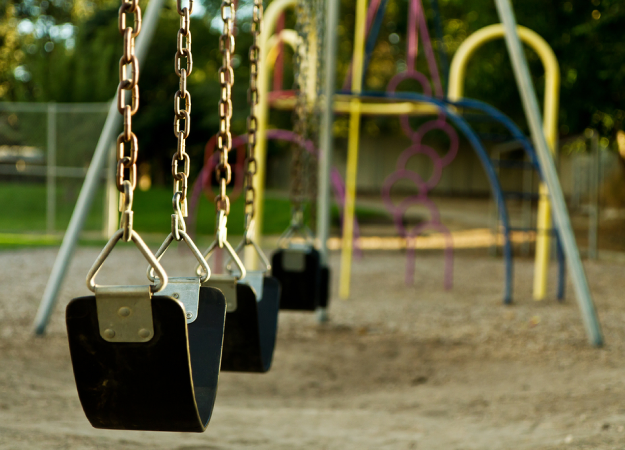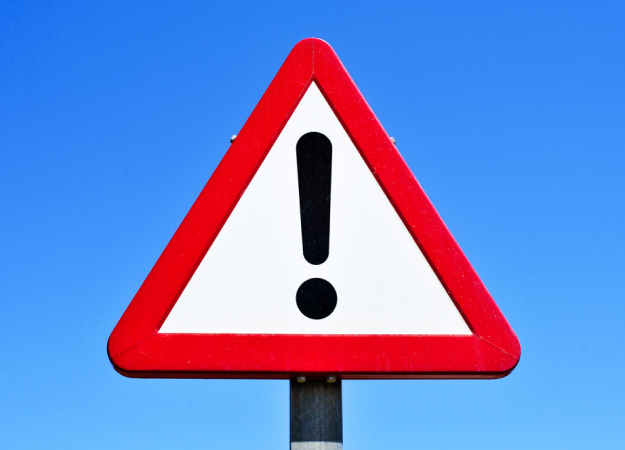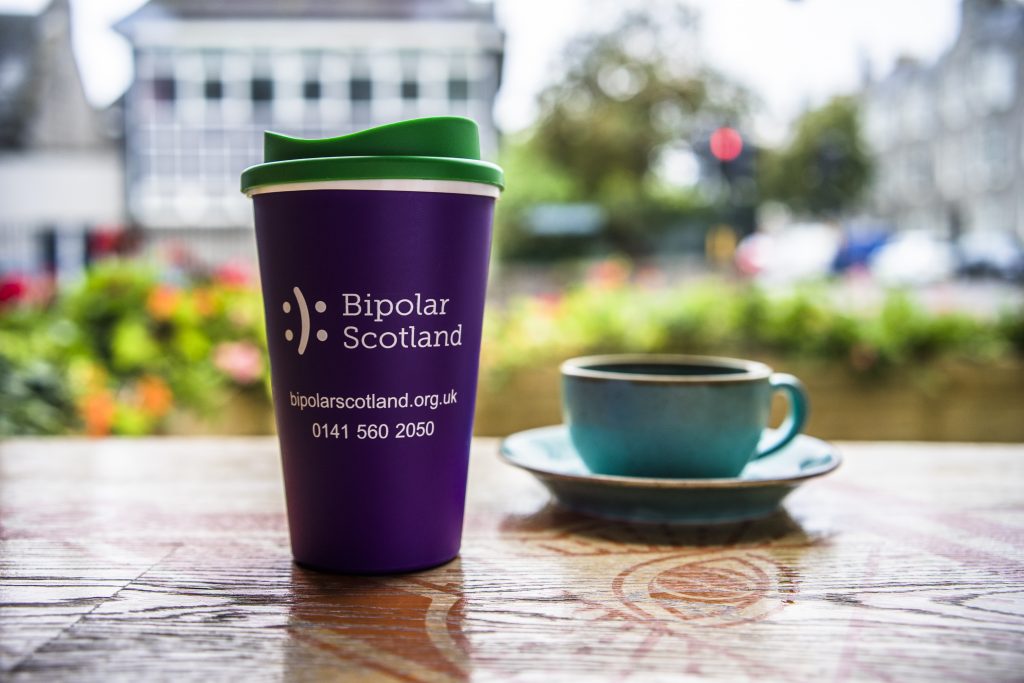Self Management is vital for anyone living with a long-term mental health condition like bipolar. It can help you to understand and accept your diagnosis, it can identify triggers and early warning signs, and it gives you the tools to live well with bipolar and manage your condition effectively. We’ve listed a few tips below, however Bipolar Scotland members have exclusive access to our free Self Management Training courses, run by people who are themselves living with bipolar.
Find out more here.

In order to manage your condition, it is vital that you accept that you have bipolar and try to become well informed about it. Try to stick to websites of reputable organisations as there can be lots of misleading information.

Eating regular nutritious meals and finding ways of achieving this can have a positive impact on your mental health. In general drinking six to eight glasses of water a day and maintaining a balanced diet with plenty of oily fish, fresh fruit, vegetables, nuts and seeds is recommended.

Exercise has been shown to improve depression and is a good way of burning off excess energy during elevated mood. It’s also important not to over exercise as this can trigger symptoms of mania.

A crucial factor in staying well is getting a good night’s sleep. Episodes of mania and depression usually involve sleep disturbance of some sort. You may find it difficult to get to sleep, wake up frequently or early in the morning, sleep too much or not sleep at all. Establishing a good sleep pattern helps to prevent episodes of illness and any disturbances act as an early warning sign that your mood may be changing.

Alcohol is a depressant and is likely to make things worse during a period of low mood. During a high mood, alcohol and drugs can lead to further disinhibition and impulsive, risk-taking behaviour. Alcohol and drugs can impair the effect of medication, exaggerate side-effects and become more potent due to interaction with medication. Reducing or cutting out the use of alcohol and street drugs will help you manage your illness better.

It is possible to identify the kind of things that trigger off symptoms and episodes and by doing this we can avoid them or minimise their effect. Examples of common triggers are: sleep disturbances; work or study stress; relationship problems; physical ill health; holidays; childbirth; financial worries; being very busy; loneliness. Using a mood chart to keep a note of things that are happening as well as recording your mood, you can quickly see the effect of different situations on your mood.

Early warning signs are changes in your behaviour or mild symptoms which indicate a changing mood state. Examples could be an increase in alcohol consumption, poorer sleep than usual, increased irritability or increased/decreased sociability. Once you are able to identify early warning signs you can avoid situations that will make your symptoms worse.
"*" indicates required fields

On The Level, our bi-monthly e-magazine for people in Scotland living with bipolar, is packed full of articles, case studies, news and opportunities to take part in research. Why not sign up to receive it and join the caring, informed Bipolar Scotland community?